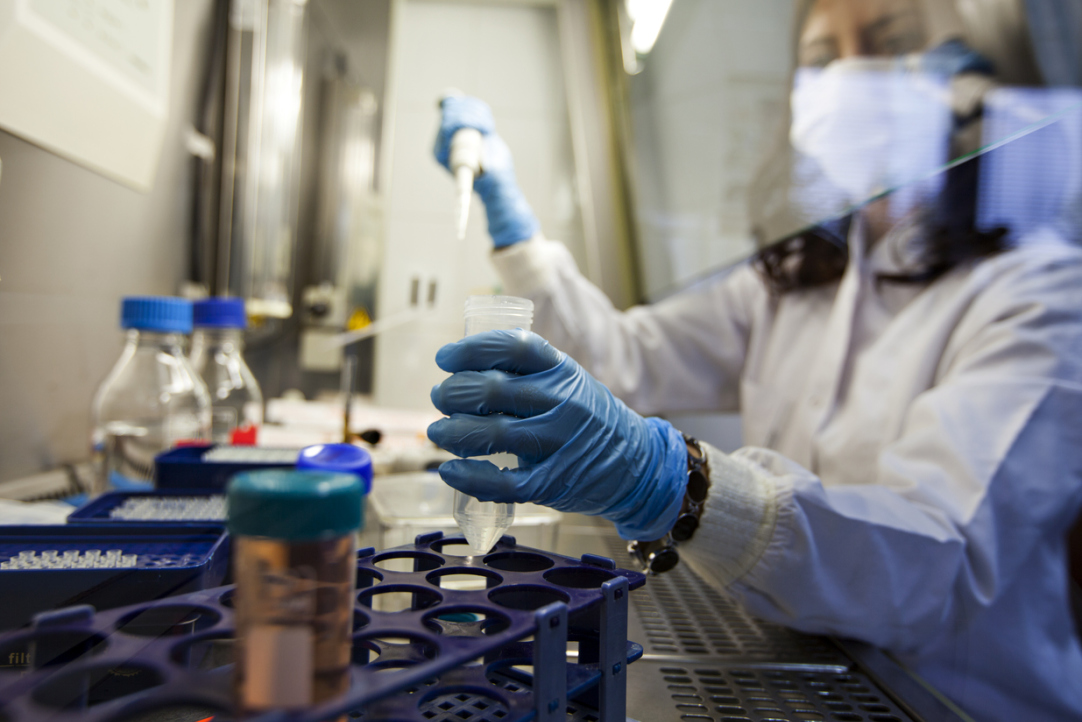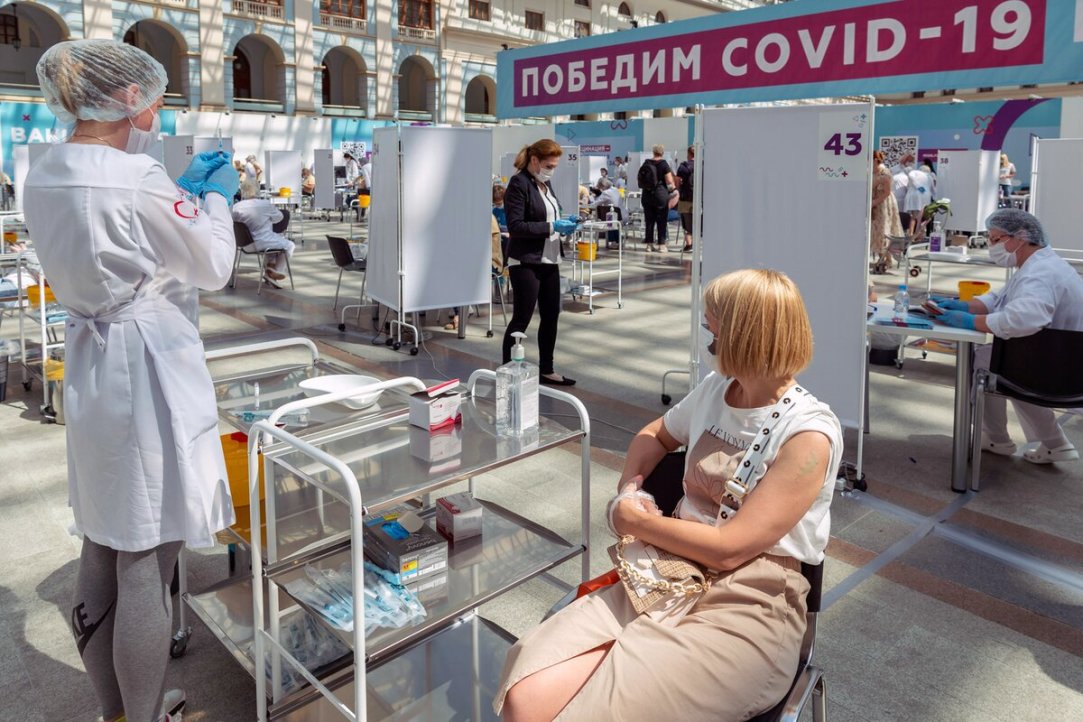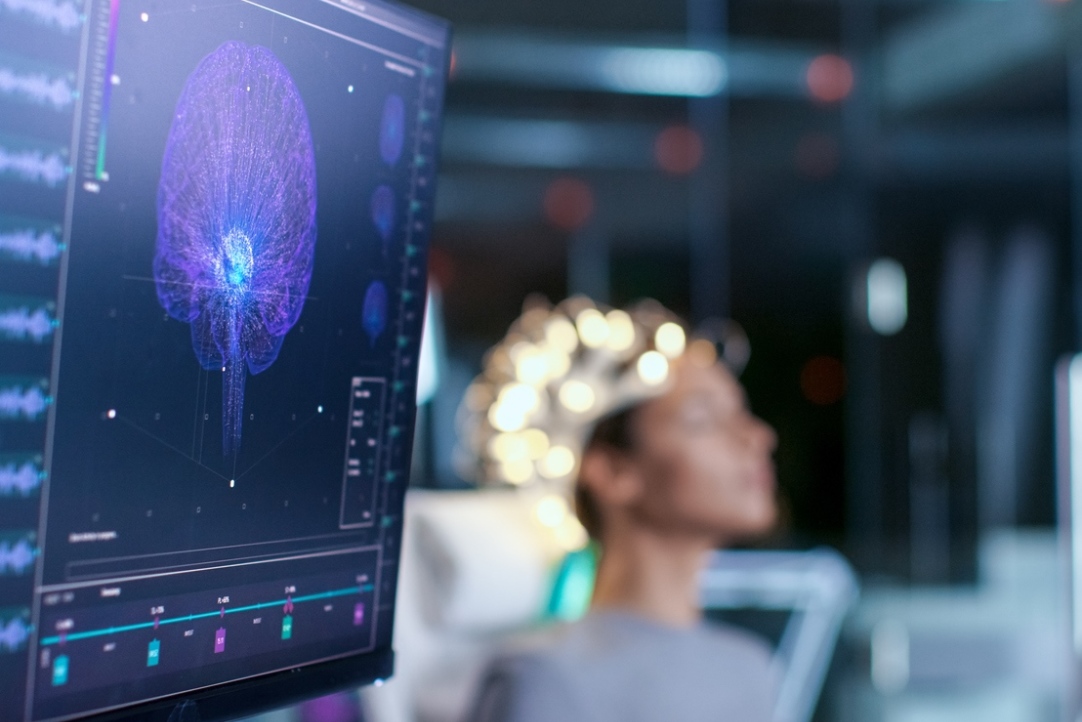
HSE Accepting Applications for Competition of Best Russian-language Scientific and Popular Science Papers
Applications for the fourth HSE University Competition of the Best Russian-language Scientific and Popular Science Papers will be accepted from February 1 to March 15. The authors that receive the highest scores from the expert jury will be awarded on June 6—Russian Language Day. The main goal of the competition is to support and promote Russian language as a language of science, as well as to popularise works affiliated with HSE University among the global Russian-speaking audience.

Neural Networks of Power: AI Unravels Knots and Tangles in Relationships between Humans, Elves and Hobbits
One of the most popular writers of the last century, John Ronald Reuel Tolkien, was born on January 3rd. Researchers from HSE University, AIRI and MISSIS have used machine learning to explore the social connections between the characters of his Middle-earth universe. The algorithm managed to create an accurate picture of the social structures and dynamics of the characters' relationships, providing a unique map of interactions in the epic world. The results of the work were published in IEEE Xplore.

HSE Researchers Find Out How to Communicate Health Information More Effectively to Fight COVID-19
Focusing on mortality from the COVID-19 virus is no more effective than calls to wear masks and save lives, but it significantly increases people's anxiety. After conducting an experiment with over 15,000 respondents from 84 countries, an international group of researchers, including scientists from HSE, came to this conclusion. The results of the study have been published in the Affective Science journal.

Research Reveals RNA's Role in Cancer Progression
An international group of scientists and medical specialists, including HSE researchers, examined the role played by microRNA (miRNA) and long non-coding RNAs on the progression of ovarian cancer. Having analysed more than a hundred tumour samples, they found that miRNA can prevent cell mutation while long non-coding RNAs have the opposite effect of enabling such mutations. These findings can help design new drugs which act by regulating miRNA concentrations. The study was published in the International Journal of Molecular Sciences.

Acceptance of Vaccination Associated with Lower Social Media Use and Higher Trust in Government
Vaccination is generally considered an essential tool for curbing the COVID-19 pandemic. Although Russia was one of the first countries to develop a vaccine against COVID-19 and launched an immunisation campaign in 2021, its vaccination rates remained low for a long time. By October 2021, only 36% of Russian adults were vaccinated, many of whom were compelled by their employers to do so. Having examined the factors contributing to low trust in vaccination among Russians, HSE economists suggest measures to improve vaccination uptake. The paper is published in Vaccine.

The Results of Dyslexia Diagnosis Depend on the Tests Used
HSE University researchers have found that complex phonological tests involving several cognitive processes predict dyslexia better than simple ones. This may happen due to the fact that Russian-speaking children with dyslexia generally do not have difficulties distinguishing speech sounds. However, it’s not enough to use only phonological tests to reliably diagnose the causes of reading disorders. The results of the study were published in the Journal of Speech, Language and Hearing Research.

HSE University Researchers Adapt Emotional Contagion Scale to Russian Language
Scholars from the HSE Institute for Cognitive Neuroscience have translated the Emotional Contagion Scale into Russian and validated it on Russian-speaking participants. It was the first study of how people unconsciously ‘catch’ other people’s emotions using a Russian sample. The results of the survey, which involved more than 500 respondents, demonstrate that women are more inclined to imitate emotions of others than men. The study was published inFrontiers in Psychology.

Russian Scientists Teach AI to Analyse Emotions of Participants at Online Events
HSE researchers have proposed a new neural network method for recognising emotions and people's engagement. The algorithms are based on the analysis of video images of faces and significantly outperform existing single models. The developed models are suitable for low-performance equipment, including mobile devices. The results can be implemented into video conferencing tools and online learning systems to analyse the engagement and emotions of participants. The results of the study were published in IEEE Transactions on Affective Computing.

In Assessing Motivation, Rating Scales Are Far from the Best Choice
Researchers from HSE University and the Pushkin Institute have demonstrated that pairwise comparisons work better than rating scales for measuring motivation. The reason is that many people cannot rank their motives in a hierarchical fashion. The study findings are published in Frontiers in Psychology.

Brain Found to Simultaneously Process Linguistic and Extralinguistic Information
An international team of scientists from the UK, Spain, Denmark and Russia (including researchers from the HSE Institute for Cognitive Neuroscience) conducted an experiment demonstrating that people automatically integrate extralinguistic information into grammatical processing during verbal communication. The study findings were published in the Scientific Reports Journal.

